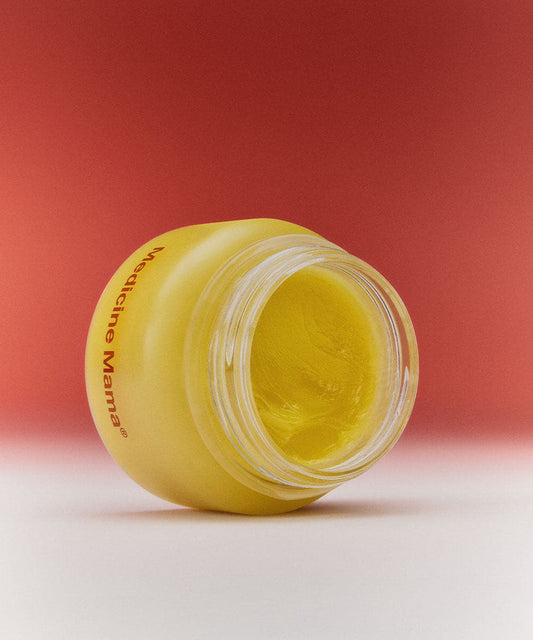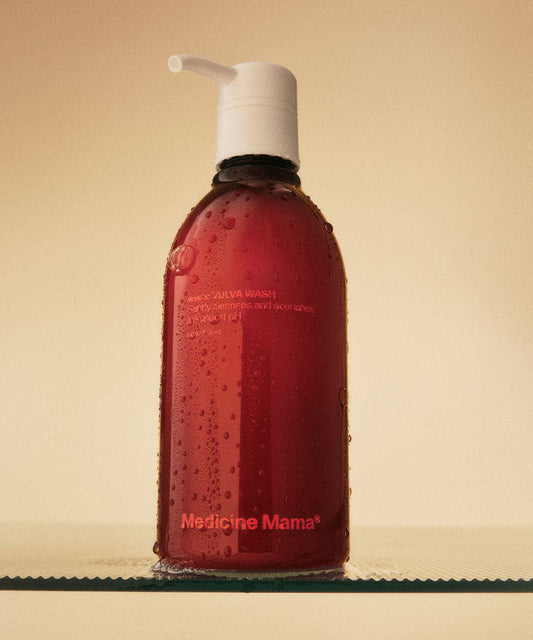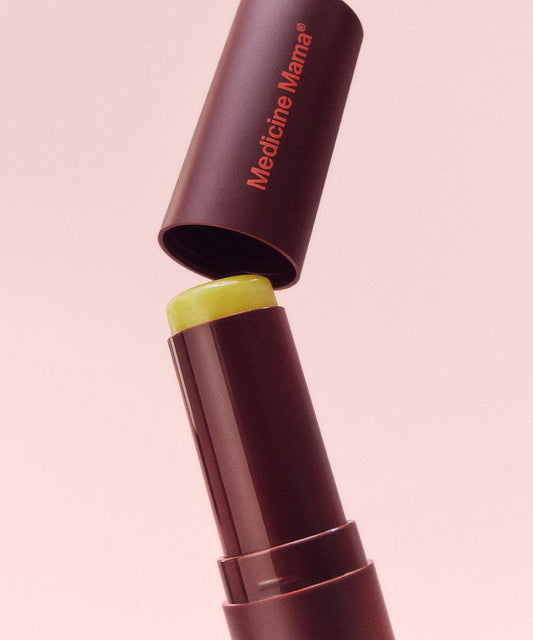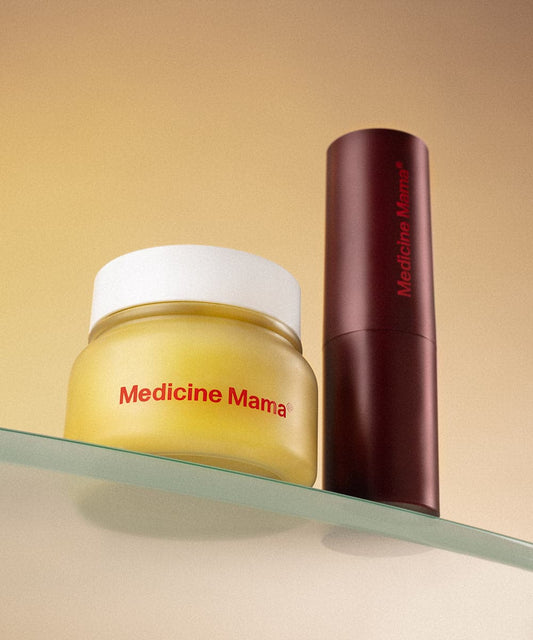Reviewed by | Dr. Clare Bertucio MD
Experiencing vulvar swelling — also known as vulvitis — can be concerning, but understanding the potential causes and how to address them can help you stay calm and manage the issue. We understand this topic can be sensitive, but addressing it openly and honestly is crucial for every woman's well-being.
Whether it's an infection, an allergic reaction, or another health condition, understanding the underlying cause is the first step toward effective management and relief.
Let's delve into the reasons behind vulvar swelling, effective treatments, and when it’s crucial to seek help from a healthcare provider, ensuring you have all the information you need to take control of your health.
What Is Vulvar Swelling?
Vulvar swelling is the enlargement or puffiness of the vulva, including the labia majora and labia minora, clitoris, and the area surrounding the vaginal opening. This swelling can vary in intensity from mild puffiness to significant enlargement and can be accompanied by other symptoms such as redness, itching, discomfort during urination, and even pain.
It's important to pay attention to these symptoms; they can indicate different underlying issues. For instance, redness and itching might suggest an allergic reaction or an infection, while pain during urination can be a sign of more serious conditions that require medical attention.
Recognizing and addressing these symptoms early on is key to maintaining genital health and preventing further complications. Understanding the nuances of vulvar swelling helps identify whether it is a temporary issue that can be managed with home care or something that necessitates a visit to a healthcare provider for a more thorough evaluation and treatment plan.
What Are the Common Causes of Vulvar Swelling?
Infections
Infections are one of the most common causes of vulvar swelling and can range from relatively mild to more serious conditions. Bacterial Vaginosis (BV) occurs due to an overgrowth of bacteria in the vagina. This imbalance in the natural flora of the vaginal area leads to symptoms such as vaginal discharge, a distinctive odor, and noticeable swelling.
Another prevalent infection is a yeast infection caused by Candida albicans. This fungal infection results in intense itching, redness, and a thick, white discharge that can be very uncomfortable.
Additionally, sexually transmitted infections (STIs) such as chlamydia, trichomoniasis, and genital herpes significantly impact the genital area. These STIs can cause painful sores, blisters, and swelling, making sexual intercourse and daily activities quite painful.
Allergic Reactions
Allergic reactions can significantly contribute to vulvar swelling, often triggered by everyday products. Fragrances and chemicals found in soaps, laundry detergents, and bubble baths can be harsh on the delicate skin of the vulva, leading to irritation and swelling. This reaction might not be immediate, sometimes developing after repeated exposure to these irritants.
Personal care products like perfumes, spermicides, and certain lubricants can cause similar issues. These products contain ingredients that can trigger an allergic reaction in the genital area, leading to symptoms such as itching, redness, and swelling around the labia.
Women who are sensitive to these substances might experience discomfort after using tampons or sanitary pads with added fragrances or chemicals. Even over-the-counter creams and lotions, often used to soothe skin, can sometimes exacerbate the problem if they contain potential allergens.
Hormonal Changes
Hormonal changes play a significant role in the health of the vulva and can often lead to swelling and discomfort. During the menstrual cycle, fluctuations in estrogen levels can cause various changes in the genital area, including mild swelling of the labia. This is a natural response to the body’s hormonal shifts and typically resolves on its own.
However, more significant hormonal changes occur during menopause, when estrogen levels drop considerably. This decrease can lead to vaginal dryness, which makes the vulva more susceptible to irritation and swelling.
Without sufficient estrogen, the tissues of the vulva and vaginal area become thinner and less elastic, contributing to discomfort during urination or sexual intercourse. Hormonal changes related to pregnancy or postpartum recovery can also affect the vulva, leading to temporary swelling and sensitivity.
Physical Irritations
Physical irritations are a common cause of vulvar swelling, often resulting from everyday activities and choices. Wearing tight clothing, such as non-breathable fabrics, can create friction against the sensitive skin of the vulva, leading to irritation and swelling.
This issue is particularly prevalent with synthetic underwear or tight jeans, which do not allow the skin to breathe and can trap moisture, creating a perfect environment for irritation and potential infections like yeast infections.
Prolonged sitting, especially on hard surfaces, can also contribute to discomfort and swelling in the genital area. This can be a concern for those with sedentary jobs or activities that require long periods of sitting. Ironically, even physical activities such as cycling or horseback riding can cause similar friction and pressure on the vulva, leading to swelling and irritation.
What Can You Do About It?
Hygiene and Care
Proper hygiene is crucial for preventing and managing vulvar swelling, as it helps maintain the delicate balance of the genital area. Using a gentle feminine wash specifically formulated for sensitive skin can make a significant difference.
The best options are pH-balanced and include soothing ingredients known for their calming and conditioning effects on delicate tissue. These cleansers help maintain the vulva’s natural ecosystem while minimizing potential triggers like dryness, itching, or inflammation.
Incorporating a gentle cleanser into your daily care routine helps remove sweat, excess oils, and irritants from fabrics or personal products without stripping the skin. When paired with a nourishing moisturizer, this practice can be a proactive step toward maintaining hydration, minimizing flare-ups, and promoting overall vulvar health.
Lifestyle Adjustments
Making thoughtful lifestyle adjustments can play a significant role in preventing and alleviating vulvar swelling. One key change is opting for cotton underwear, which is breathable and helps reduce irritation by allowing air to circulate around the genital area. This is especially important because non-breathable fabrics can trap moisture and heat, creating an environment conducive to irritation and infections.
Avoiding tight clothing that can cause friction and pressure on the vulva is important, too. Loose-fitting garments, especially those made from natural fibers, can prevent the rubbing and chafing that often lead to swelling.
Stick To Vulva-Friendly Products
Choosing hypoallergenic and vulva-safe products is crucial for preventing irritation and maintaining vulvar health. Look for vulva moisturizers with rich, emollient textures that absorb easily without leaving a greasy residue.
Ingredients like organic plant oils and beeswax can create a breathable shield that helps lock in hydration and guard against external irritants, all while maintaining the natural pH balance of the vulvar area.
When Should You Seek Help?
If vulvar swelling persists or worsens despite home treatments, it's essential to consult a healthcare provider, particularly your gynecologist. Persistent pain or significant discomfort that doesn't improve with over-the-counter remedies should not be ignored, as it could indicate a more serious issue.
It's important to remember that while home remedies and lifestyle adjustments can be effective for minor issues, professional medical advice is crucial for persistent or severe symptoms to ensure proper diagnosis and treatment.
But what are the specific signs that your vaginal swelling is more than meets the eye? Let’s walk through them.
Signs of Infection
Unusual vaginal discharge, particularly if it is accompanied by a foul odor, can be a sign of bacterial vaginosis or other vaginal infections that require professional treatment. Fever and chills, when occurring alongside vulvar swelling, suggest a more systemic infection that needs immediate attention.
These symptoms can indicate that the infection has spread or become more severe, potentially leading to complications if not treated promptly. Pelvic pain has a range of possible causes but can be indicative of a serious problem. A healthcare provider can diagnose the type of infection and prescribe the appropriate antibiotics or antifungal medications to resolve the issue.
Unexplained Symptoms
If new or worsening symptoms occur without a clear cause, it's essential to seek medical advice to rule out serious conditions. Persistent itching, the appearance of blisters, or an abscess around the vulvar area are all signs that something more significant might be at play.
These symptoms could be indicative of sexually transmitted infections like genital herpes or other conditions that require specific treatments. Consulting with a healthcare professional ensures you receive a thorough examination and accurate diagnosis. They might conduct tests to identify the cause of the symptoms and recommend the appropriate treatment.
Ignoring these signs or delaying medical consultation can lead to further complications, so it's crucial to seek professional help when you experience unexplained or severe symptoms.
Turning Knowledge Into Action
Vulvar swelling can be a concerning issue, but with the right knowledge and care, it can be managed effectively. Remember to prioritize your vulvar health, utilize safe and nurturing products, and seek professional help when needed.
By embracing self-care and education, you can maintain confidence and comfort in your daily life.
Disclaimer: The information provided on this blog is for general informational and educational purposes only. All content, including text, images, graphics, and other material, is not intended to be a substitute for professional medical advice, diagnosis, or treatment.
Always seek the guidance of your physician or other qualified health professional with any questions you may have regarding a medical condition, treatment, or wellness program. Never disregard the advice of a medical professional or delay in seeking it because of something you have read on this website.
Sources:
Vulvar Conditions | BetterHealth



